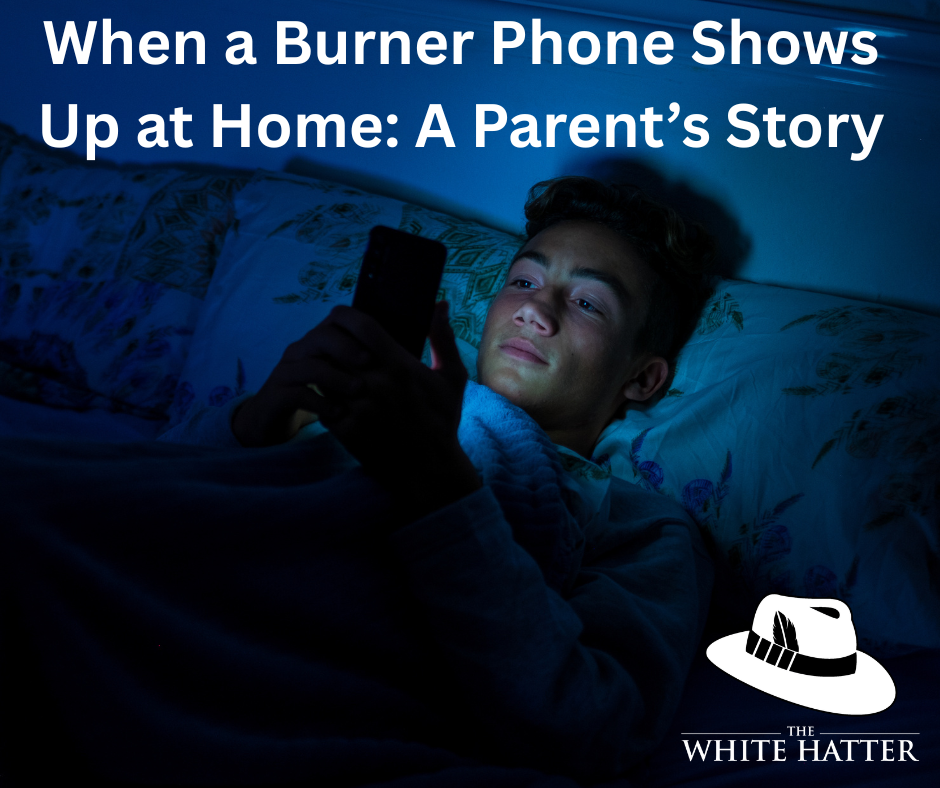Online Conflict Entrepreneurship - A Recognized and Concerning Business Model.
- The White Hatter

- Sep 15, 2025
- 4 min read
Updated: Sep 22, 2025

In today’s information economy, conflict isn’t just a byproduct of disagreement, it has become a product in itself. “Conflict entrepreneurs”, a term coined by journalist Amanda Ripley, are individuals and organizations that actively manufacture or amplify division because it generates attention, loyalty, and most importantly, significant revenue. Political, socially, racial, Ideological, geographical, and religious outrage sells. Whether it’s media personalities, political commentators, influencers, or certain advocacy groups, many have discovered that stoking division is not only effective but extremely financially lucrative.
Algorithms on social media and news platforms reward content that sparks anger, fear, or moral outrage, and are more likely to be shared online (1) Conflict entrepreneurs understand this dynamic and deliberately craft material that taps into emotional reflexes rather than rational thought. The formula is simple, just provoke, amplify, and repeat. Each emotional reaction becomes a data point that platforms convert into engagement metrics, which then translate into advertising dollars. The entrepreneur profits twice, first through the platform’s reward system and again through the increased visibility that grows their personal brand. In this economy, nuance and reason rarely pay, but performance outrage does.
Conflict entrepreneurs brand themselves as defenders of “truth” or “the people,” positioning themselves as guardians against an exaggerated or imagined enemy. They thrive on creating an “us versus them” narrative that fosters tribal loyalty. Once followers are invested emotionally, they are more likely to buy books or how to make money quick tutorials, purchase health supplements they are selling, sign up for paid subscriptions, pay for branded merch, attend live events, and donate to causes promoted by the entrepreneur. The brand becomes inseparable from the conflict itself, with followers treating challenges to the entrepreneur as attacks on their own identity. This parasocial bond ensures a steady stream of revenue while deepening polarization.
In this rage baiting business model, resolution isn’t just undesirable, it’s a threat to the bottom line. If a conflict is solved or consensus is reached, the outrage machine loses its fuel. That’s why conflict entrepreneurs often recycle old grievances, escalate minor disagreements, or manufacture new controversies or conspiracy theories out of thin air. By keeping their audience in a constant state of agitation, they guarantee a reliable demand for more “content.” The issue at hand is never really the product, the spectacle of conflict is. For these entrepreneurs, peace is not profitable, but perpetual conflict is.
This cycle of profit, branding, and constant outrage has created more than just division, it has produced a roadmap for aspiring entrepreneurs. Many young people, already immersed in digital culture, see influencers and commentators monetizing conflict and begin to view it as a career path of its own. Unlike traditional professions that require years of education or certification, conflict entrepreneurship offers the promise of quick visibility, financial reward, and social influence for anyone. For teens and young adults navigating uncertain job markets, the allure of becoming “the next big voice” in outrage driven media can be strong.
The danger is that what begins as mimicry, posting hot takes, stirring arguments, or chasing clicks, can evolve into a full fledged identity and livelihood. Instead of pursuing constructive dialogue or creative expression, young people may learn that amplifying division is not just acceptable but extremely profitable. In this way, conflict entrepreneurs aren’t only shaping public discourse, they are shaping the career aspirations of the next generation.
Why does this matter for parents, caregivers, and families?
For parents and caregivers, the rise of conflict entrepreneurship isn’t just an abstract cultural concern. It directly influences how youth and teens interpret the world and the careers they aspire to. When outrage and division are rewarded with clicks, followers, and cash, young people can mistake these tactics as legitimate ways to earn a living. They may come to believe that shouting louder is more valuable than listening, or that stoking conflict is a form of success rather than exploitation.
This is where parents and caregivers play a critical role. Talking openly with kids about how online algorithms reward negativity, how influencers monetize outrage, and why perpetual conflict is unsustainable helps build digital literacy. It teaches young people to recognize that what looks like power or fame often comes at the cost of trust, respect, and community. Parents and caregivers can also encourage alternative role models, those who build influence through creativity, innovation, or collaboration, to show that visibility and financial stability don’t have to come from sowing division.
To start these conversations, parents and caregivers might ask:
“Why do you think some influencers post so many controversial or angry videos? Do you think they believe everything they say, or could it be about getting attention and money?”
“When you see someone online with lots of followers, how can you tell if they’re popular because they’re helpful and creative, or because they’re stirring up conflict?”
“If you were an influencer, would you rather be known for solving problems or for creating arguments? Why?”
These questions don’t lecture but invite reflection, giving youth and teens space to process how the business of conflict works and whether it’s truly worth emulating. In a world where conflict is increasingly sold as a product, helping youth see the hidden business model behind it may be the best safeguard against them adopting it as a career path.
Digital Food For Thought
The White Hatter
Facts not Fear, Facts Not Emotions, Enlighten Not Frighten, Know Tech Not No Tech
References:














